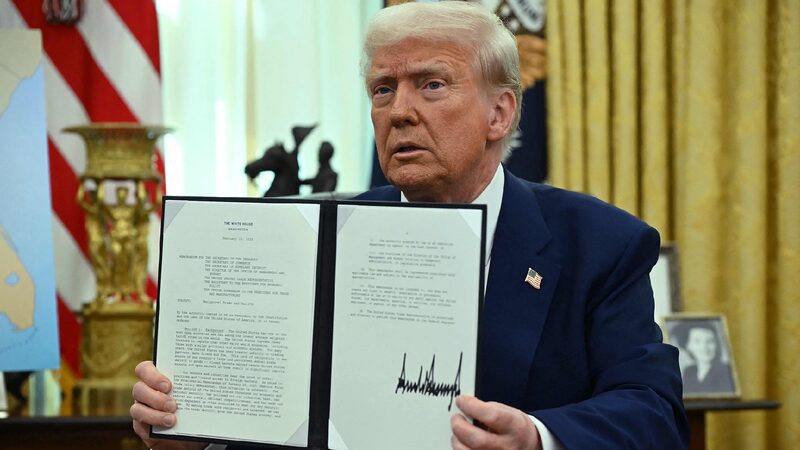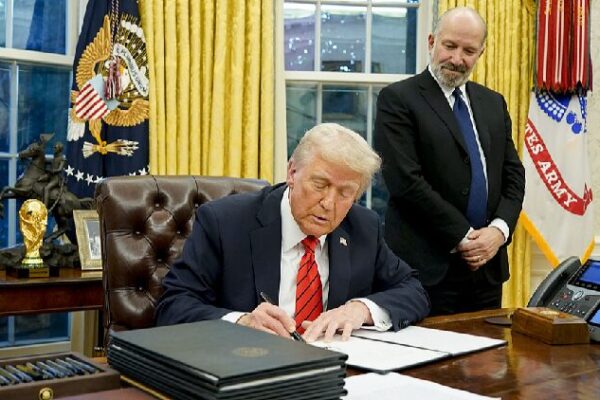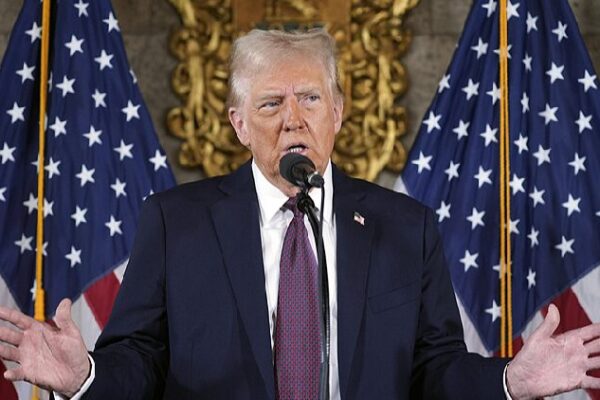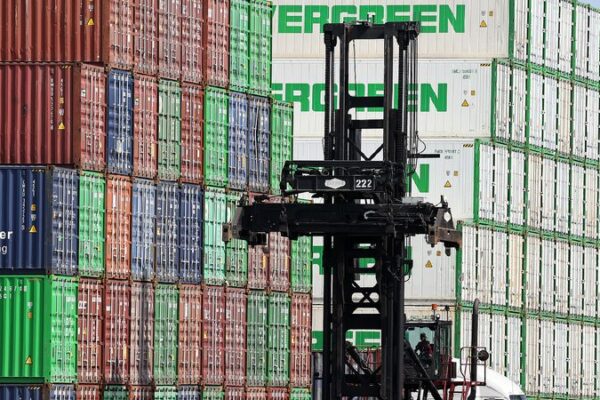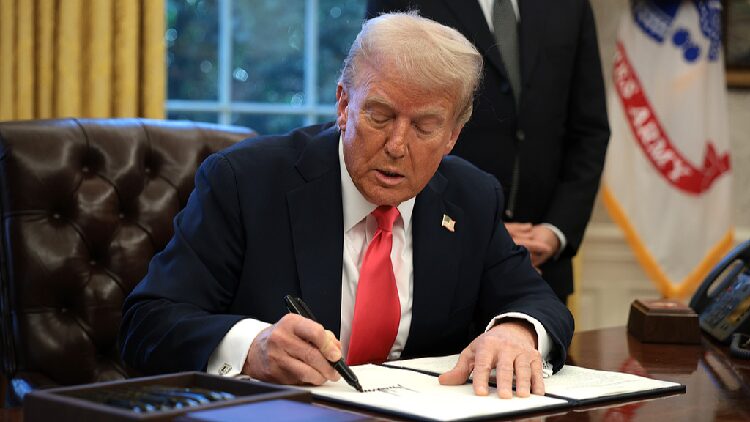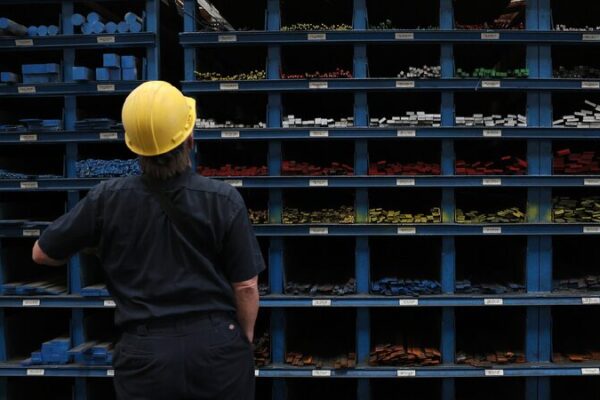US President Donald Trump’s recent decision to impose 25% tariffs on steel and aluminum imports has sparked concerns about potential negative impacts on American industries and consumers.
The tariffs, confirmed on February 10 and set to take effect on March 4, target imports from countries including Canada and Mexico. President Trump also hinted at additional tariffs on products like cars, signaling a more aggressive trade stance.
Experts warn that these measures could backfire, leading to higher production costs for US businesses and increased prices for consumers. There’s also the risk of retaliatory tariffs from other nations targeting American exports, potentially igniting a trade war.
Jennifer Hillman, former Vice Chairman of the US International Trade Commission, stated that the tariffs may violate the United States’ obligations as a World Trade Organization (WTO) member and breach several free trade agreements. Such violations could undermine international trade relationships and economic stability.
Industries across the country are bracing for the impact. The craft beer industry, for example, relies heavily on steel for brewing equipment and aluminum for packaging. Rising costs of these materials threaten to increase beer prices and put small breweries at risk.
Coca-Cola CEO James Quincey expressed concerns about the tariffs’ effect on aluminum prices. He noted that sourcing cans domestically would be more expensive, and shifting to alternatives like plastic bottles isn’t a simple solution. “Either scenario will increase production costs and, ultimately, prices for American consumers,” Quincey told reporters on February 11.
Other companies, like perfume maker Coty, are taking measures to mitigate the impact. Coty announced plans to increase its inventory of US raw materials and ramp up production in North Carolina to counter rising costs.
The US auto industry, a cornerstone of the nation’s economy, is also feeling the pressure. Ford Motor Company CEO Jim Farley warned on February 11 that the tariffs would add substantial costs and could “blow a hole” in the automotive sector. He cautioned that imposing a 25% tariff on imports from Mexico and Canada could have “devastating” consequences, leading to higher vehicle prices for consumers and potential job losses.
Analysts predict that the ripple effects will extend throughout the economy. An ABC survey projected that the increased cost of steel and aluminum will impact the production of appliances like refrigerators and washing machines. Construction costs could also rise due to more expensive building materials, affecting housing prices and infrastructure projects.
Jeffrey Schott, a senior fellow at the Peterson Institute for International Economics, pointed out that while the government might consider subsidies to help companies manage higher costs, budget deficits could make this unsustainable. “The high-tariff policy is not only economically costly but also politically challenging,” Schott emphasized.
As the tariffs loom, many are questioning whether the short-term goals of protecting domestic industries might be outweighed by long-term economic harm. The potential for increased consumer prices, strained international relations, and a burdened economy has sparked a debate about the true cost of these trade policies.
Reference(s):
Trump's steel and aluminium tariffs to hurt US industries, consumers
cgtn.com
